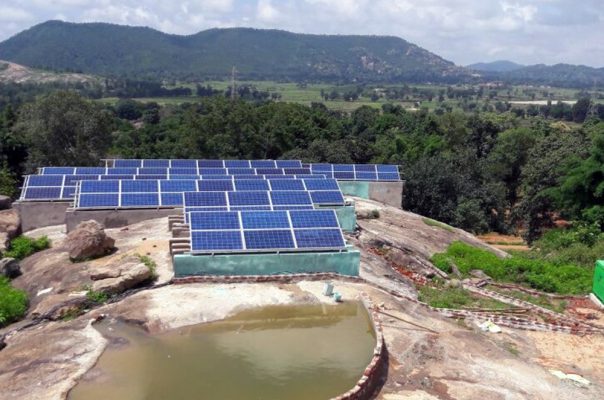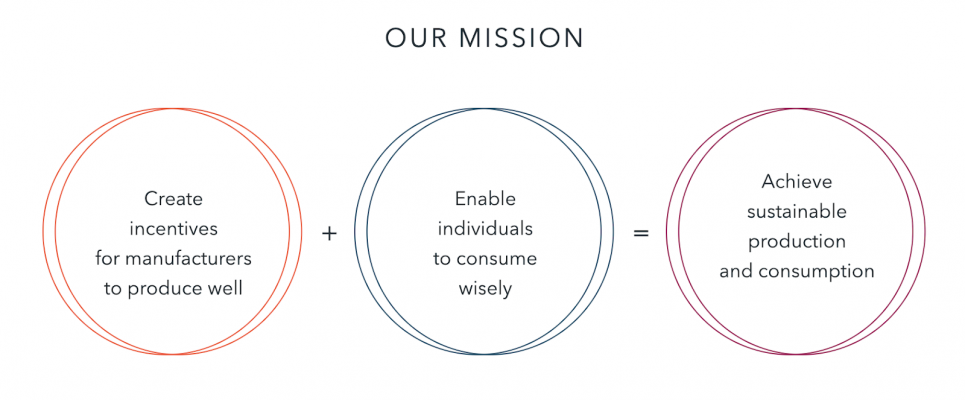By Charlotte Fall
In India, 20% of the population, or 240 million people, live without access to electricity and nearly 220 million of those citizens live in rural areas. Mlinda is a powerful social enterprise working to reduce this number by supplying rural communities with alternative solar energy sources, in turn reducing greenhouse gas emissions. Since 2017, they have reduced greenhouse gas emissions by 47.8% in villages they serve (Mlinda). In the spring of 2018, Prime Minister Modi announced that 100% of villages had access to electricity, but “accessibility” status is deemed when 10% of a village is supplied with power. That leaves millions of families living without power, in complete darkness. These families struggle to complete work, reducing the hours they are able to be productive. This hurts their businesses’ success as well as children’s ability to learn, read, and achieve academic success. In order to propel households out of poverty, sustainable lighting is a necessity.

Mlinda installs solar mini-grids in communities and then sells the energy to support the communities businesses, producing financially and environmentally sustainable enterprises. By the end of 2018, they had installed 21 solar grids in communities with a goal to install 50 total by 2020, supplying approximately 4,000 households with renewable energy. Since the first installation in 2017, the solar grids have already increased the villages’ GDP per capita by 10.6%, symbolizing the incredible return on investment for each family.
Mlinda has remarkable transparency practices and involves the communities it serves in the process from the very beginning. First, surveys of the village’s population size, needs, willingness and ability to pay for each family, availability of land and agricultural demands are taken in order to measure support for the project and build community engagement. Next, the grid is designed for the needs of the community to ensure enough power will be created to supply each family and business, and technology for diesel backup is incorporated for security. After installation, engineers and community workers are assigned to monitor and maintain the grid. Lastly, Mlinda implements a program to support agricultural workers making the transition from kerosene fueled equipment to electric tools to reduce CO2 emissions.

One of the main contributors of greenhouse gas emissions from production practices is from energy sources at 70%, followed by agricultural production at 10%. The use of coal, gas and oil must be replaced world wide to combat global climate change. Mlinda targets these two top contributors, in addition to smaller generators of production GHG emissions with solar energy. They also target consumption practices, such as cooking, household heating, and transportation to reduce GHG emissions. In order to scale efficiently, Mlinda works with partners ranging from NGOs to investment firms to spread their sustainable model beyond India. They hope to share their research and development practices to make the largest impact on families and fight against climate change to ensure a brighter future.


